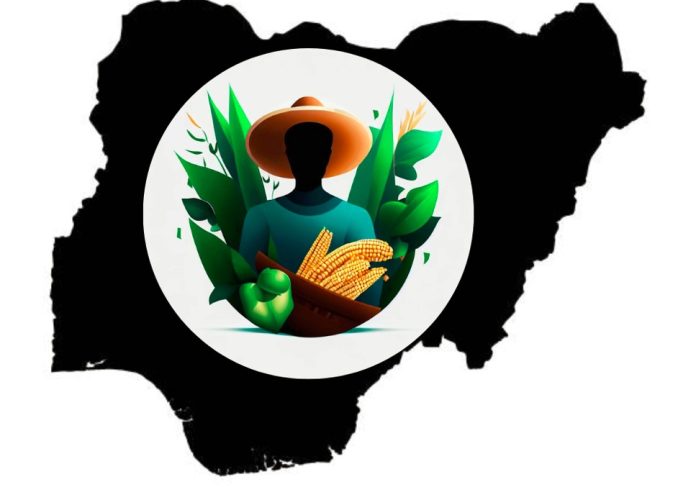News in brief: Nigeria agricultural sector contributed less to GDP in Q1 2023 compared to the same period in 2022. The sector showed a decline of 0.9% after years of positive growth. The cash crunch in the country affected agricultural activities, especially the poultry sub-sector. Crop production remained strong, contributing significantly to the overall GDP.
Nigeria’s agricultural sector contributed 21.66% to its real gross domestic product (GDP) in the first quarter of 2023. As the numbers from the country’s National Bureau of Statistics (NBS) shows, this was lower than what it contributed during the same period the previous year.
In Q1 2022, the agric sector was responsible for 22.36% of the GDP and in the past quarter, Q4 2022, it contributed 26.46%. Since 2016, the sector has shown a positive growth until this one under review, which showed a fall of 0.9%.

Compared to other quarters, it fell by 4.06% from Q1 2022 and 2.95% from Q4 2022. Subsequently, it played a role in decreasing contribution from the overall non-oil sectors to the GDP quarter-on-quarter. However, the non-oil sectors still performed better in terms of GDP contribution year-on-year. This is thanks in no small part to the services sector which grew by 4.35% and contributed 57.29% to the overall GDP.

What is responsible for Nigeria agriculture GDP contracting in Q1 2023?
A look at the GDP showed that it declined to 2.31% from 3.11% that was recorded in the first quarter of 2022. It was also drop from the 3.52% growth rate in the fourth quarter of 2022.
One of the reasons for the economy performing poorly is the cash crunch that affected economic activities in the country for about a month during the quarter. Agricultural activities were not safe and were even likely more heavily impacted as most of the transactions in this sector are done with cash.
As several appeals from the poultry sub-sector showed, it was one of the most affected areas of agriculture during the cash crunch. From issues with paying daily labourers, to logistics, and finally consumers, its stakeholders suffered.
Meanwhile, as the NBS stated, crop production continued doing well, contributing 19.48% to the overall GDP. It was also responsible for 86.85% of the GDP from the entire agric sector.
In addition, a closer look at the data shows that the total livestock sub-sector performed poorer in Q1 2023 than Q1 2022 and Q4 2022, which was the preceding before it. Even the fishing industry saw a year-on-year boost as did the forestry industry.



